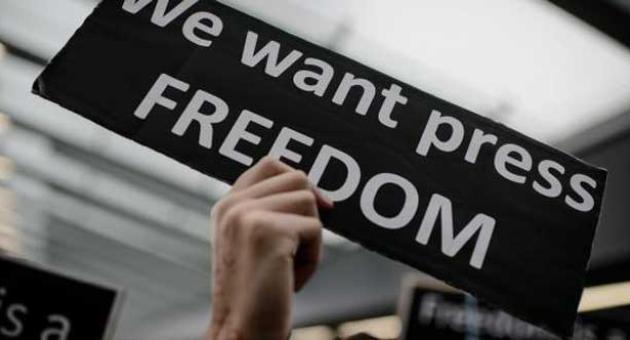Besides the existing perils of criminal libel (carrying a fine up to 1164.69€ and up to three months imprisonment) and civil libel (carrying damages up to 11,646.87€), one now risks a further mammoth fine of up to €23,293.73 for defaming someone over an electronic communications network.
A poorly written provision of the Electronic Communications (Regulation) Act is presently causing further uncertainty about freedom of speech in Malta. Although the intent of Article 49 of this statute is to punish those who make threats to others over an electronic communications network, the Police are instead using these provisions to magnify the impact of existing libel laws.
This serious situation is the result of the careless translation from the English version in the binding Maltese text of the law. Whilst the English text makes it a crime to threaten to defame another person in order to extort money or coerce that person into doing something, the Maltese text has instead created yet another crime related to the defamation of others over an electronic communications network.
Given that both online newspapers and social media are electronic communication networks, it follows that those writing online are now exposed to three fundamental dangers. For besides the existing perils of criminal libel (carrying a fine up to 1164.69€ and up to three months imprisonment) and civil libel (carrying damages up to 11,646.87€), one now risks a further mammoth fine of up to €23,293.73 for defaming someone over an electronic communications network.
The situation is even more dismal when one considers that the new Media and Defamation Bill is poised to almost double civil libel damages to €20,000. It is also disquieting that in a meeting with the Front Against Censorship prior to the election, Cabinet Ministers revealed that they had been lobbied by undisclosed sources to raise civil libel damages to €100,000.
The Police have already made multiple prosecutions under Article 49, of which the following two stand out in terms of their consequences.
In the first the accused was charged with the defamation of a court official through an SMS sent to a third party. The accused admitted to committing the crimes, and was fined €5,000. But since the fine for defamation is limited to 1164.69€, it follows that the larger share of the €5,000 penalty was due to the use of an SMS.
In the second the accused was charged with having performed a contraventional defamation by sending an email suggesting that the recipient should see a mental health professional. The Court ruled that there was no contravention since there was no disclosure to a third party. But had the accused been found guilty of the contraventional defamation, he would have faced not only an ammenda of up to 58.23€, but also a fine of up to €23,293.73 for having carried it out through an email.
It is not clear why the use of an electronic communications network should result in a larger fine for the same crime or contravention, let alone lead to these disproportionate fines. It seems desirable to amend Article 49 so as to restore the law to what seems to have been its original purpose. Intensifying the chilling effect of the existing libel laws is the last thing the country needs at the moment.













